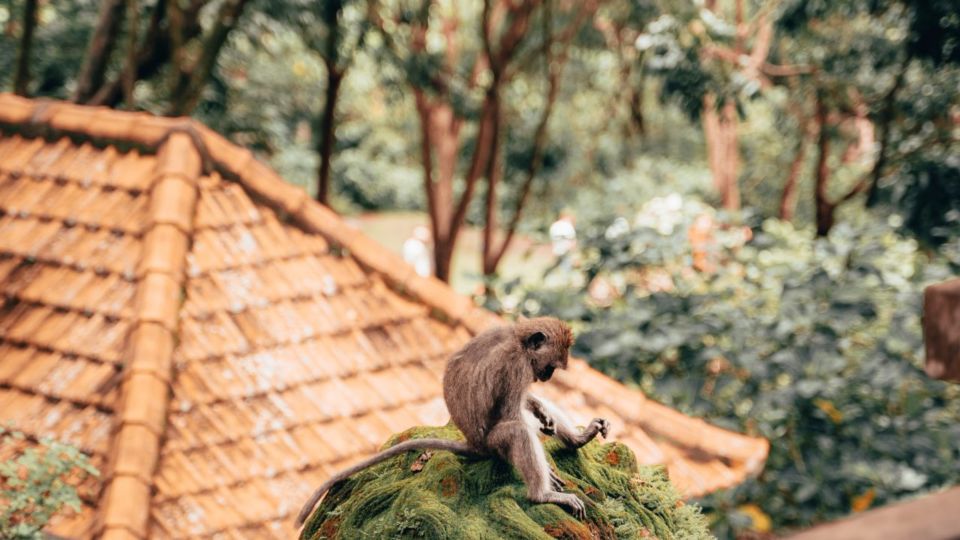Perhaps it’s not really tactful to report this due to the monkeypox news but… here we go.
Ubud Monkey Forest is a sanctuary and natural habitat for over 1,000 of Bali’s long-tailed macaques. Like some of us, they apparently also find some fun in pleasuring themselves using – wait for it – “sex toys.”
With stones, to be exact.
According to a recently published paper titled, “Do monkeys use sex toys? Evidence of stone tool-assisted masturbation in free-ranging long-tailed macaques”, Ubud’s primates were found to engage in “self-directed tool-assisted masturbation.”
The scientists observed the macaques between May and October in 2016 and from May to August 2018 and 2019. They found evidence supporting their “sex toy” hypothesis after observing the monkeys performed “pleasurable/self-rewarding mechanisms” involving “the repetitive tapping and rubbing of stones on to the genitalia and inguinal area.”
While monkeys interacting with objects as a tool or a plaything is nothing new, the scientists say this is the first observed instance of primates using objects for self-pleasure, with video footage obtained during the study reinforcing the hypothesis.
Both males and females performed this behavior, with the latter reportedly more selective in selecting their “sex toy” of choice by opting for more angular stones, which the scientists suggest may be down to anatomical differences.
“It’s hard to give a very solid explanation, but it really seems that they do it because it feels good,” Camille Cenni, the paper’s co-author and a Ph.D. candidate at the University of Lethbridge in Canada, told VICE World News. “There is some sort of tactile stimulation from the contact of those stones with their genitals and it feels good. And there is no reason to stop.”
We totally get you, girl.
Here’s a video of the act. NSFW warning, BTW.
The paper was featured in Ethology: International Journal of Behavioural Biology on Aug. 4.
Other scientists in the paper were Jessica B. A. Christie, Noëlle Gunst, Paul L. Vasey, and Jean-Baptiste Leca from Lethbridge University’s Department of Psychology in Canada; Yanni Van der Pant from St. Andrews University’s Department of Psychology and Neuroscience in UK; and I Nengah Wandia from Udayana University’s Primate Research Center in Bali.




